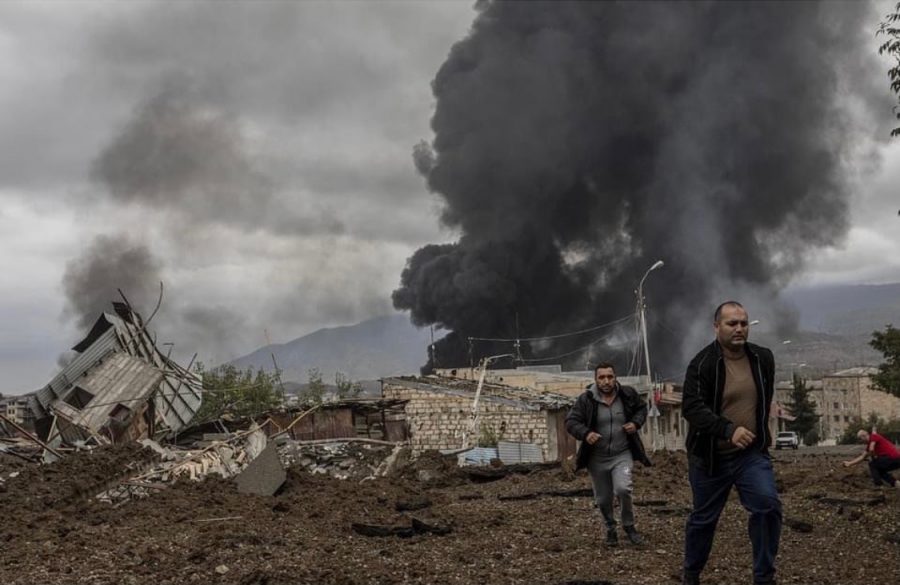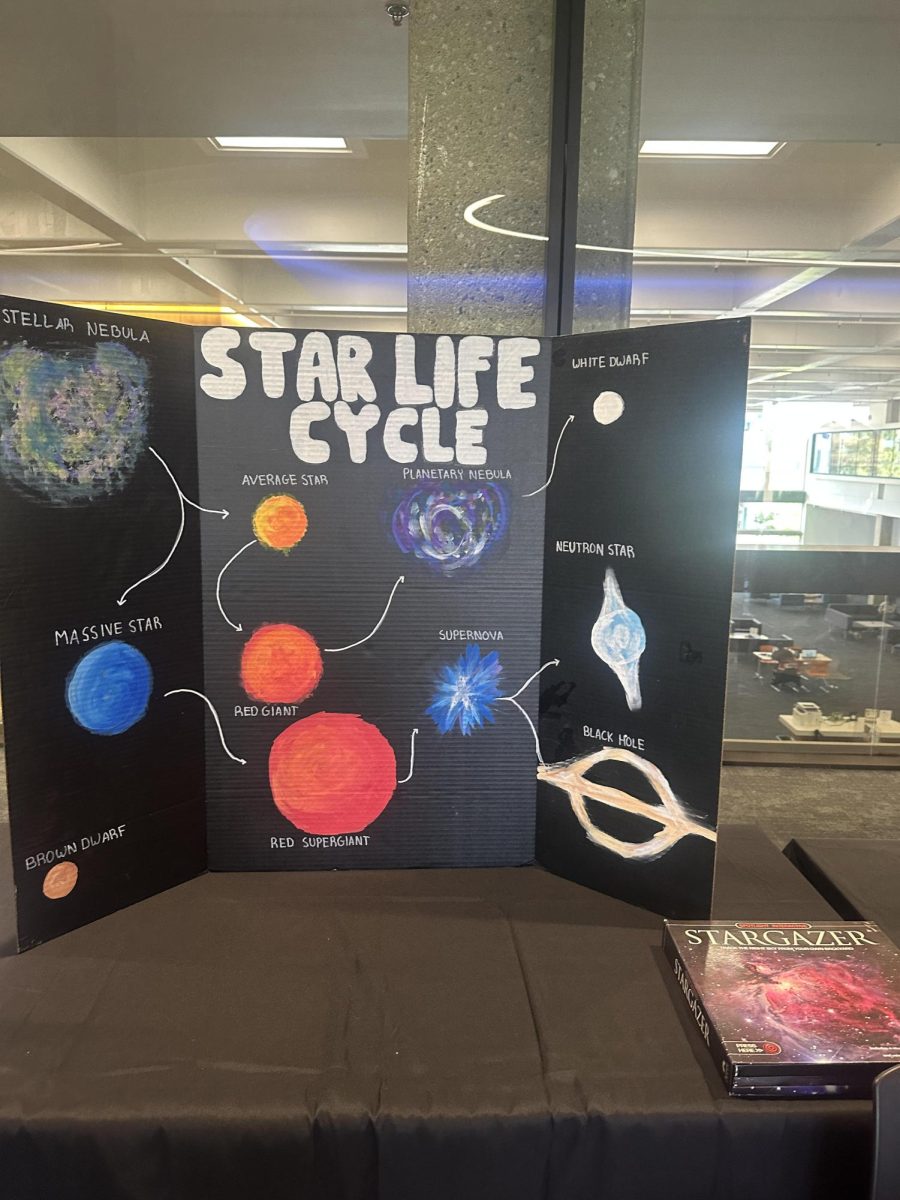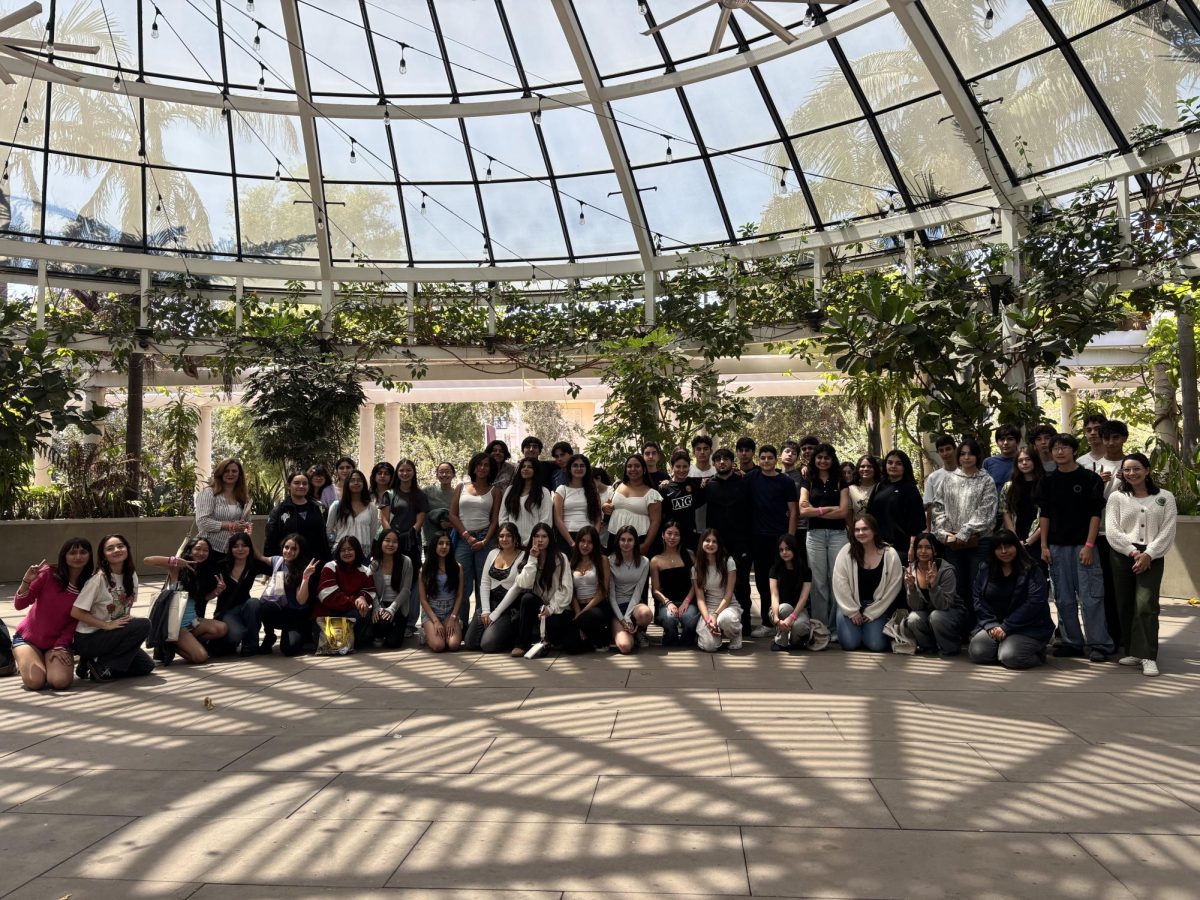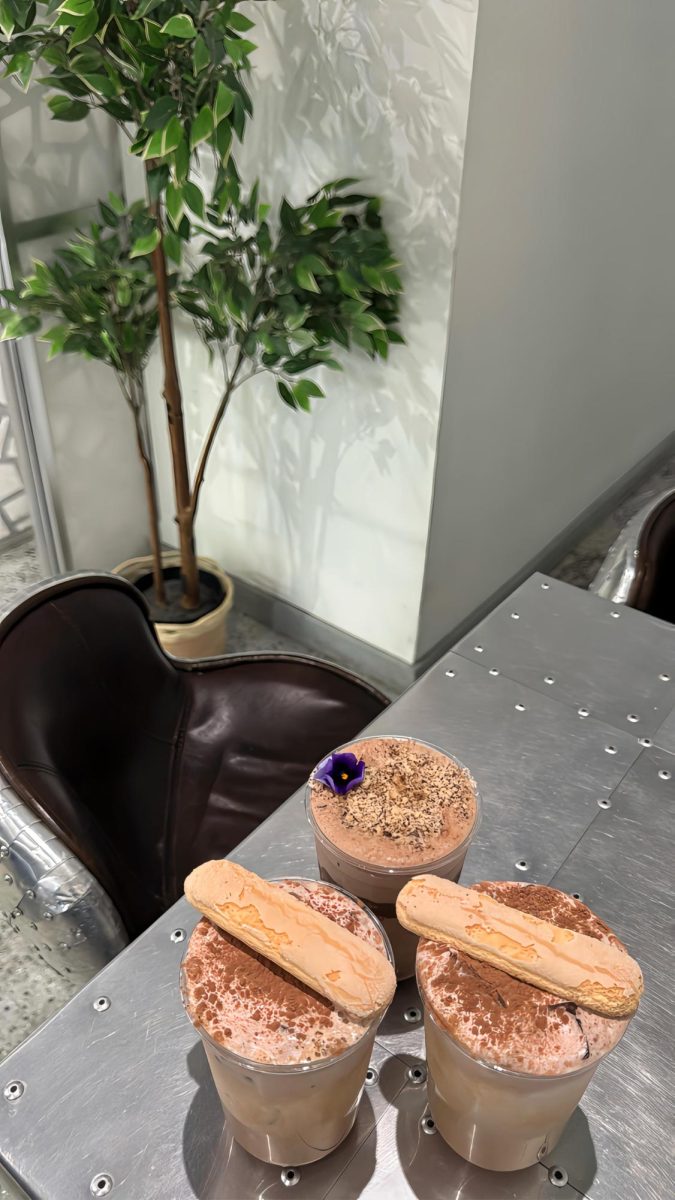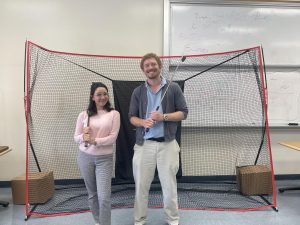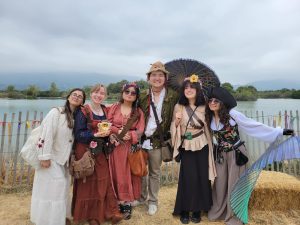Armenia’s War Hitting Home
Armenia’s war has been hitting home for students at Hoover
October 4, 2020
History ignored is history repeated. This concept seems to constantly plague my mind, as I continuously scroll through the numerous informational Instagram pages discussing the current state of Artsakh. As a resident of Glendale, this news does not come as a surprise. Freeways have been blocked and multiple protests have been organized to address the topic.
Though this does fill me with a great feeling of patriotism, it also provoked my mind with a thought:
How is the world allowing this to happen?
To answer this question, a brief history of the origin of Artsakh is necessary.
Artsakh was an integral part of historic Armenia. Dating back to the Urartu era (from 9-6th cc. B.C.), it was known as Urtekh-Urtekhini and mentioned in many works as being part of Greater Armenia. After the division of Greater Armenia in 387 A.D., however, Artsakh was separated and put under the Eastern Armenian kingdom, which was governed by Persian and Arab Empires. Throughout the following centuries, Artsakh fell under the rule of various conquerors including Turkic nomadic tribes to the north and the Russian Empire, however, it remained true to its Armenian roots and identity. Following the revolution and collapse of the Russian Empire in 1917, both Azerbaijan and the Independent Republic of Armenia emerged as independent countries and the dispute over the land known as Karabakh or Artsakh began once more.
It was this moment in history that sparked the ongoing battle of territories between the two countries.
Over the next few years, Azerbaijan— along with Turkey— carried out massacres against the citizens of Artsakh, which resulted in about 40,000 Armenian deaths even after a preliminary agreement was signed at the Paris Peace Conference in 1919. Artsakh and its innocent people continued to be targeted throughout the late 19th century, as Russia’s commissioner for nationalities placed the country under the administration of Soviet Azerbaijan as an “autonomous region.”
In 1988, the people of Artsakh finally raised their voice against Azeri aggression through peaceful protests and demanded to reunify with their homeland, Armenia SSR. After a long and hard battle, Artsakh came out victorious and declared independence, although this is still not internationally recognized. Even after being liberated in 1991, Artsakh still faced Azeri aggression until a ceasefire agreement was signed in 1994. This, however, did not hinder Azerbaijan’s violent attempts to seize the lands of Karabakh.
Having understood this history, Azerbaijan’s incentive is clear. Nevertheless, this form of transparency does not justify their current actions.
On the morning of September 27th, Azerbaijan launched a series of coordinated missile attacks aimed towards the citizens of Artsakh. This was not the first of the recent assaults, for the country threatened the wellbeing of the citizens of the Tavush region in Karabakh just a few months prior, which also resulted in the loss of civilian lives.
Turkey has also supported this aggressive behavior by supplying the Azeri military with more than 4,000 “ex-ISIS Syrian jihadist mercenaries” and calling to overthrow the Armenian government. Though Armenia and Artsakh are working tirelessly to cripple Azeri incursion, many courageous soldiers have fallen prey to the results of war and villages of Artsakh have sustained large amounts of damage and casualties, including children and elderly.
It saddens me that I cannot use the past tense to describe these actions. I’m amazed as to how a “dispute” against two countries can go so unnoticed. To this day, our President has failed to say anything more than “we’re looking at it very strongly,” and the thousands of people that have families in those areas have had to restlessly watch as the two countries rip at each other’s throats. I know the question circulating in your thoughts and I ponder it as well.
Why?
Why does this matter?
Why should I care about a country on the opposite side of the world when there is so much happening in my life already?
Before I can allow those thoughts to completely consume your mind, however, Whether you are seated at a desk, hanging out with friends, laying in bed, or doing work at a cafe, you are safe. Your life is not at immediate risk, and you do not currently have a knife held to your throat.
My fellow students, I plead you to understand and envision that across the world, at this very moment, there are young men and women our age testing their luck on the frontlines. Leaving their families in complete distress and putting a halt on their future. The very future we dearly hold on to.
This isn’t a dispute over territory or ethnicity. This is an issue of human injustice. Whether you are Armenian or not, the mentality should be uniform. The thought that human oppression is unacceptable should be ironically accepted by all. As such, Turkey and Azerbaijan rely on the world’s indifference and culture of silence to execute another genocide of the Armenian people.
If you can take away anything from this article, I encourage you to donate to the trusted Armeniafund, which works directly with Armenia and Artsakh, and ensures an abundance of resources and money is being sent over.
Your contributions have a direct effect on the wellbeing of the innocent men, women, children, and soldiers fighting desperately to keep their homeland.
I urge you to ask yourself: What can I do to ensure peace and justice for everyone? As Martin Luther King Jr. said, “Injustice somewhere is a threat to justice everywhere.”
For more information about where to donate, visit the following link: Armeniafund.org.

